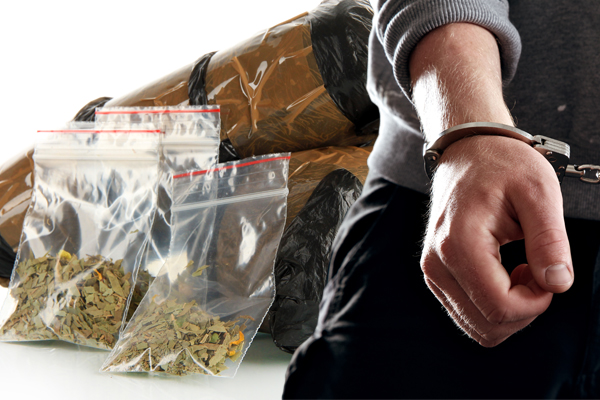Knowing the Difference: Intent and Delivery of Controlled Substances
Each of the “drug” cases is not the identical and neither are the charges that can fall upon one when charged with delivery of controlled substances. Misdemeanor drug scenarios, although major, are much less critical than felony drug situations. Drug distribution– that is merely an exchange of a dangerous drug, such as marijuana, cocaine, or heroin, from somebody to another person– is classed as a felony related to drug offenses associated with “drug dealing.”
This is distinct with “intent to deliver,” which shows that the suspected individual had an amount of the controlled substance that they planned to sell and spread to others. “Delivery of controlled substances” occurs during the sale. It does not concern what amount of cash, or what type of money is included. So long as an exchange has been obtained, you can be charged with delivery of controlled substances and the intensity of the charges for this type of felony will depend on the kind of drug, the weight or quantity of the drug and the individual’s previous criminal convictions.
Turning Possession Into Delivery of Controlled Substances
When absolutely no sale of drugs has taken place, the prosecutor may use an array of proof to determine the intent to move an abused substance arising from a possession charge. The prosecutor also can validate an intent to provide charge although no money was swapped and the drugs were not really delivered. While these charges are commonly based upon the amount of the drug in someone’s possession, the drug offense may also be established based upon drug paraphernalia suggesting an intent to sell the drugs, like mail scales, possession of common cutting agents and baggies or balloons.
Considering that these type of regular household items do not confirm unlawful actions taken in isolation, they are frequently offered as proof together with the quality of narcotic in a person’s possession. Normally, the possession portion of the charge is based upon the production of valid proof while the intent to deliver a portion of the charge is most normally proven based on circumstantial evidence, like the way the drugs are strategy or recovery of substantial amounts of cash.
Delivery of Controlled Substances Defense
The category of legal is oftentimes determined with a lot of grams of the drug that are in the individual’s things or were delivered. For instance, a possession with the intent to deliver or sell marijuana is a felony that carries 1 to 12.5 years behind bars and fines of up to $150,000.
The probability of jail time can be high for these kinds of offenses. That is why talking to a knowledgeable firm is important. Without having proper representation, your rights may be neglected and your trial outcome uncertain.

